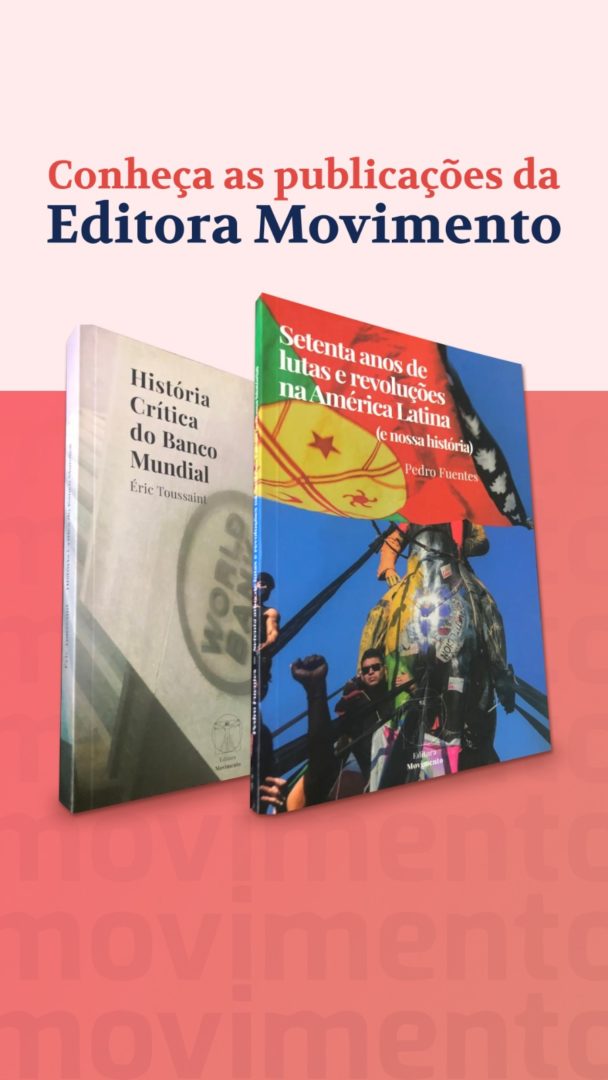The biggest crisis in history in relations between Brazil and the United States
Trump’s tariff war exposes Brazil’s far right in a still uncertain scenario
The Brazilian Foreign Ministry left no room for doubt when it defined this as the biggest crisis in our history in terms of relations between Brazil and the United States. Trump yesterday made the tariff decree official, to take effect on August 6. He took advantage of the situation and, as had already been reported, used the mechanism known as the Magnitsky Act to retaliate against Alexandre de Moraes and the Supreme Court.
The new version of the tariff hike is watered down, motivating the government to continue with confidence in the clashes, seeking to isolate the national far right as traitors to Brazil’s interests. Lula’s interview in the New York Times and the Brazilian government’s official statement emphasized national sovereignty as “non-negotiable.”
Brazilian senators warned that new restrictions could come into effect in 90 days as part of retaliation against the BRICS countries. Trump has already threatened India in the same terms.
Moraes responded by not bowing to Trump and taking the sanctions for what they are: yet another direct attack on Brazil. And with Zambelli (Far-right congresswoman) imprisoned in Italy, the net is closing in on detractors who threaten Brazilian sovereignty.
In these turbulent times, it is necessary to understand and act to defend the interests of Brazil and its working people.
The watering down of tariffs
Trump shouted and threatened openly, making no secret of what he wanted when he elevated the Bolsonaro clan’s line to state policy. He made the Brazilian case a special chapter in the tariff war he is waging around the world. War is politics by other means, as German strategist Clausewitz once said. Although it is not a military war, with navies, armies, and bombs, it is a war in the sense of escalating conflicts of opposing interests. It is not a military war, but a tariff war.
Trump has reached important agreements, especially with Japan and the European Union—which cost him a complaint from Macron. The effects on Brazil, with the 50% decree, are serious, with companies in panic and some considering closing plants or declaring collective vacations. The standoff has reached an unprecedented level.
Trump postponed the entry into force of the tariff hike by a few days, now dated August 6, and opened almost 700 exception cases. Among the 694 items are heavyweights of the Brazilian economy, such as the civil aircraft industry, orange juice, paper and pulp, Brazil nuts, coal, natural gas, oil and its derivatives, among others. The relief, although uncertain, represents about 45% of Brazilian sales to the US, removing important leading companies such as Embraer from the list.
On the other hand, strategic sectors, especially those linked to agriculture, such as coffee, fruit, meat, and fish, remain on the chopping block. And lurking in the background of the whole process, as cross-cutting issues, are the problems of big tech and rare earth minerals. The dispute will continue, and there is no resolution in sight.
Trump was unable to fully impose what he wanted, and now key sectors of the national economy are divided, strengthening the government’s negotiators, both among the “institutional front” and in public opinion. The liberal press attributed the current crisis to the Bolsonaro clan and Trump’s intransigence. Moraes emerges stronger. The pressure for “open capitulation” from some sections of the bourgeoisie has, for now, diminished.
The return of the anti-imperialist question has taken center stage nationally. A level of “social cohesion” not seen in a long time has reset the political agenda, taken the government off the defensive, and caused disorganization in the ranks of the far right.
Zambelli’s arrest put maximum pressure on Bolsonaro, a week after he was, in his own words, humiliated by being forced to wear an ankle bracelet.
It is possible to overcome blackmail
Some certainties are already evident in the reaction of political analysts: Brazil did well in the face of pressure on August 1; Trump is increasingly becoming a target of the peoples of the world, with his oppressive practices, as symbolized by Gaza; Bolsonaro’s action, at least in the short term, was a real shot that backfired.
Only 19% of the Brazilian population viewed Trump’s measures favorably. The government grows when it affirms national sovereignty.
Imperialism, by partially retreating from the decree, shows that it is strong, but can be stopped. The issue of the BRICS and the recognition of the Palestinian state—which has already been echoed in France, England, and now Canada—is opening up a new path.
The “other half” of the tariff hike is aimed squarely at agriculture. What will these sectors do, divided as they are, with one part supporting Bolsonaro and the coup, but with China as their main trading partner, largely responsible for the reprimarization of the Brazilian economy in recent decades?
The crisis will continue, but Trump’s retreat indicates that it is possible to overcome blackmail, with two conditions: isolating and demoralizing the far right, with arrests reaching the Bolsonaro clan, and maintaining the cohesion of society, mobilized in the streets and on social media. The demonstration called for August 1 is an example of this: taking to the streets for national sovereignty unifies a broad sector of the population. The student movement is right to take the lead in this struggle. Protests cannot just be called, but must be built, in order to prepare for a true sense of unified and common expression, capable of moving tens of thousands across the country.
Strengthening our agenda
That is why we defend unity of action, unity of social movements, the actions that the MST has been building. Trump is unpredictable, new crises are on the horizon, such as the one that foresees a new collapse in AI bubbles.
It is time to strengthen our agenda around concrete tasks that unite the PSOL and the left as a whole: the referendum against the 6×1 working week scale, the defense of billionaire taxation, the fight for Lula to veto the entire “Devastation Bill,” and the centrality of the national sovereignty agenda, with changes in economic policy, the approval of big tech regulation, and the breaking of American patents.
Along with this, it is obviously necessary to arrest the coup plotters of January 8, put Bolsonaro in prison, and dismantle the network of support, financing, and political and communicational coordination that threatens Brazil’s interests.
The battles to come will require tenacity and activism, which is gaining strength and gaining important experience with the far right around the world. Defending Brazil’s sovereignty and recognizing the Palestinian state are an inseparable part of the struggle that is just beginning.
Israel Dutra is a sociologist, Secretary of Social Movements for the PSOL, member of the party’s National Directorate, and member of the Socialist Left Movement (MES/PSOL).






















































